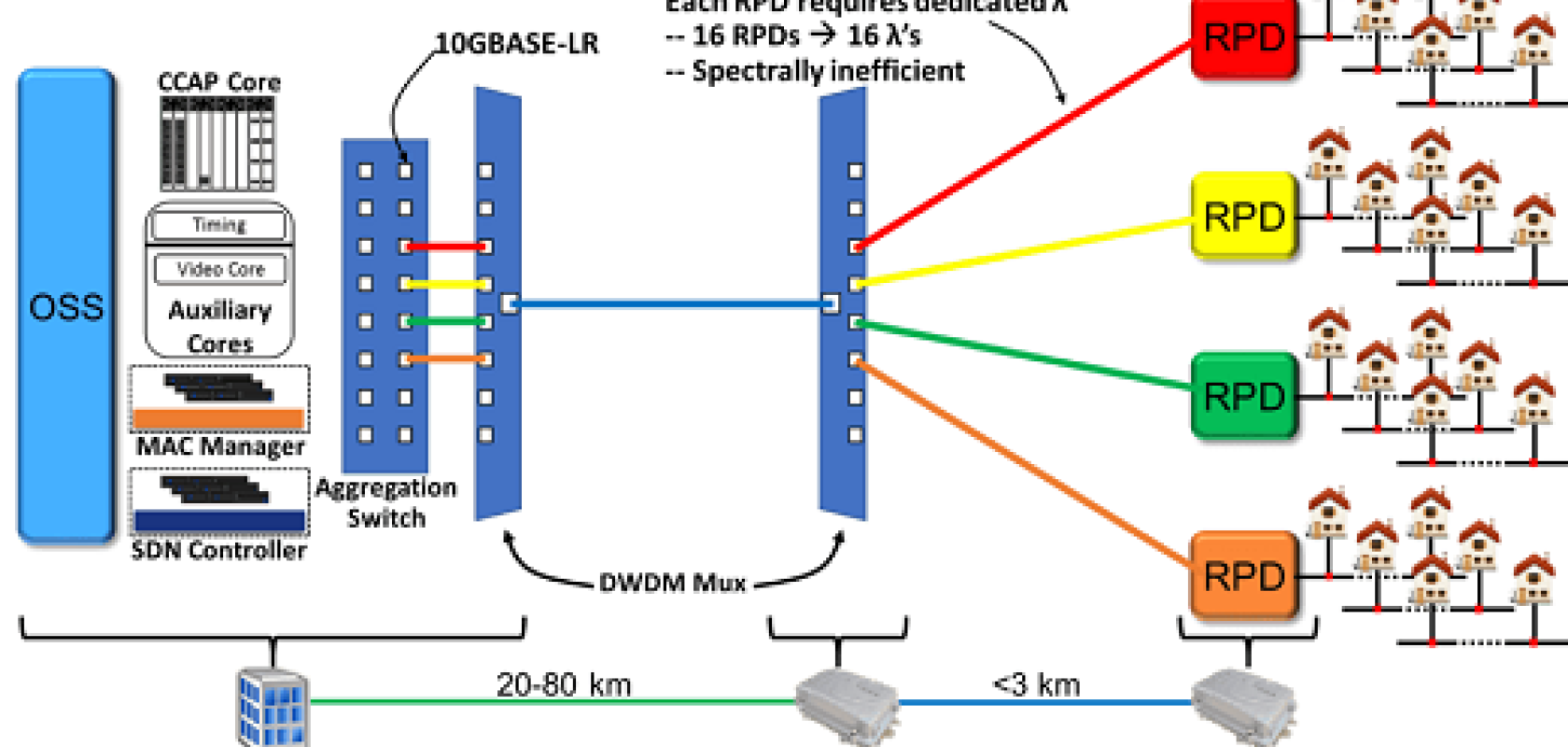CableLabs has published two new specifications to ‘dramatically increase’ capacity of the fibre access network with point-to-point coherent optics technology, allowing for 100Gb/s per wavelength.
Using amplitude, phase, and polarisation to enable much higher fibre capacities, coherent optics can help to improve streaming, video conferencing, file uploads and downloads and future usage needs for technologies such as virtual and augmented reality, and by gaining more capacity from existing fibres, the need to lay more can be eliminated.
The new specifications are designed to allow multiple system operators to best leverage their existing infrastructure to withstand growth in capacity demands and services for residential and business subscribers while cost efficiently enabling new services.
Phil McKinney, president and chief executive officer of CableLabs commented: ‘This breakthrough not only increases the capacity of the existing fibre system by an order of magnitude, it opens up wavelength resources to improve network quality and reliability, enabling advancements in cellular and wireless services.’
The point-to-point coherent optics specification effort was introduced by CableLabs in 2017, as was the Full Duplex DOCSIS specification (see Cable companies consider coherent optics).


